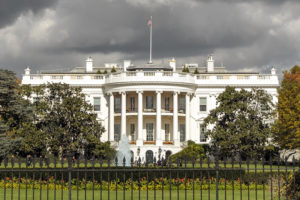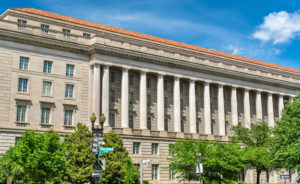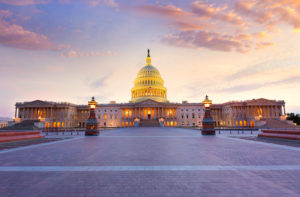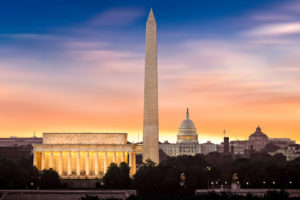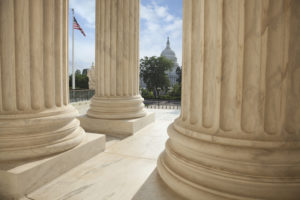The Easy Path to Firing Mueller
The Solicitor General would readily comply with an order from President Trump to oust special counsel Mueller.
Can President Trump Get Rid of Robert Mueller?
Scholars assess President Trump’s claim of authority to fire special counsel Mueller.
Executive Power and the CFPB
D.C. Circuit weighs constitutionality of the consumer financial watchdog’s organizational structure.
Inspection Practices of the Past and Future
When considering future inspection practices, regulators should heed lessons from history.
The Guidance Racket
Despite attacks from conservatives, guidance documents help agencies and regulated firms comply with the law.
The Curious Bipartisan Push for Evidence-Based Policymaking
Despite its popularity, “evidence-based” policymaking is often less rational than it sounds.
How Agencies Should Use Waivers and Exemptions
ACUS report recommends best practices for federal agencies using prospective waivers and exemptions.
Regulating Marketable Permits
ACUS provides marketable permit recommendations to harness efficiency and maintain policy objectives.
Learning What Works in Regulation
ACUS recommends agencies take steps to study the impacts of their rules.
Using Plain Language to Draft Regulations
ACUS recommendation offers suggestions for making the language of agency documents more accessible.
Understanding and Addressing Controversies About Agency Guidance
Experts weigh in on recent report and ACUS recommendation on agency guidance.
Five Recommendations for Improving Administrative Government
Scholars and officials highlight recent recommendations for improving regulatory and administrative processes.



